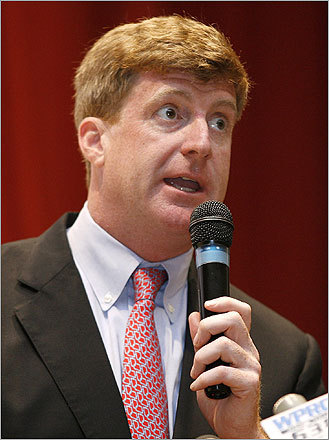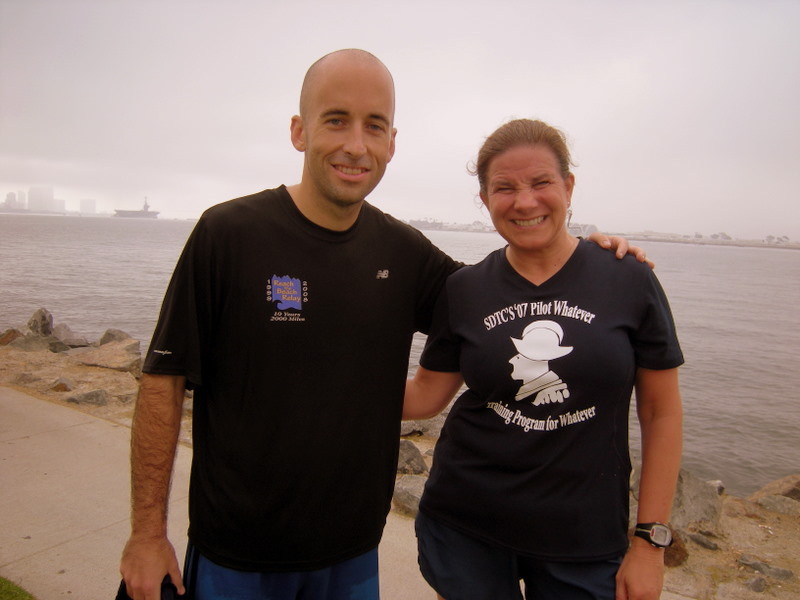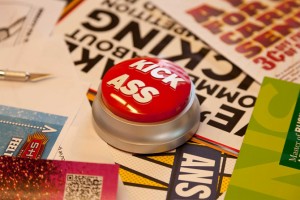Though addiction will follow the junkie anywhere in the world, the author has discovered that recovery is just as portable.
Mood Music for this post: “Turn the Page” — the Metallica version:
[youtube=http://www.youtube.com/watch?v=dOibtqWo6z4&hl=en_US&fs=1&]
I’ve seen interview after interview where musicians describe their drug habits and how being on the road made them so much worse.
One of the best examples was Motley Crue on the Girls Girls Girls tour, where the four band members’ addictions were well past the point of manageability — not that an addiction is ever really manageable. That was the tour where Nikki Sixx kept a diary chronicling his increasing heroin use.
In fact, sit in front of the TV and watch a “Behind the Music” marathon and you’ll see most bands tell a similar story.
It’s a similar tale for any businessman who nurses an addiction while doing a lot of travel. Every city is flowing with whatever material feeds one’s vice, whether it’s drugs, alcohol or, in my case, binge eating.
I can tell you from experience that it’s true. During my travels to San Francisco, Washington DC, Chicago, Las Vegas and points in between, the opportunity to binge on free junk and alcohol is limitless.
But here’s what I’ve also learned: You can take your recovery everywhere, too.
In all of the cities I mentioned above, I’ve been able to hold firmly to my 12-Step program and related plan of eating. I know what I can eat, how much, and which ingredients are essentially my cocaine (flour and sugar).
There are 12-Step meetings in every city and town, whether it’s OA or AA, and there are phone meetings available around the clock.
And, if you’re like me, you’ve told enough people about your challenges that they’ll watch out for you. That was definitely the case for me in San Francisco last week.
It really comes down to what you want. If you want your junk, you’ll always be resourceful enough to find it.
If you want recovery, same deal.
I’ve found it also helps to read blogs from others in recovery when I’m on the road. One of my recent discoveries is a great blog called “Conquering Crazy” by Greg Dungan. Like my OCD Diaries, Greg’s blog is a recent start-up. He focuses like a laser beam on the core craziness as he experiences it. It reads more like an actual day-by-day diary, whereas mine is more a collection of longer narratives with a lot of focus on the byproducts of my affliction.
Like me, music is important to him, and he is also a seeker who is trying to find the core of his spirituality. I especially love his first entry, “OK, So I’m Crazy.” Here’s an excerpt:
“I have exhibited symptoms of OCD for as long as I can remember. Recently, these symptoms have intensified. What used to be the “things that make me unique” have become the “things that make me crazy”. This blog is about my struggle with this demon. This is where I will record my day to day thoughts and struggles – my defeats and my victories. I have two choices at this point in my life – roll over and die or fight my way out. I’ve never been one for rolling over and I’m not about to start now.
“You’re welcome to walk this valley with me. If you are living with OCD or if someone you love is, take heart. There are brighter days somewhere, and we will find them together.”
Brighter days ahead? You bet your ass there are.
I’ve experienced it. I’ve been to the valley and the mountaintop.
I started blogging about it after I had been on the journey for a few years. Greg is blogging his journey from the start. That’s courage.
And like addiction, depression, Faith and recovery, courage is portable, too.





 I’ve been there. Migraines. Brutal back pain. A stomach turned inside-out.
I’ve been there. Migraines. Brutal back pain. A stomach turned inside-out.
